01 October 2018
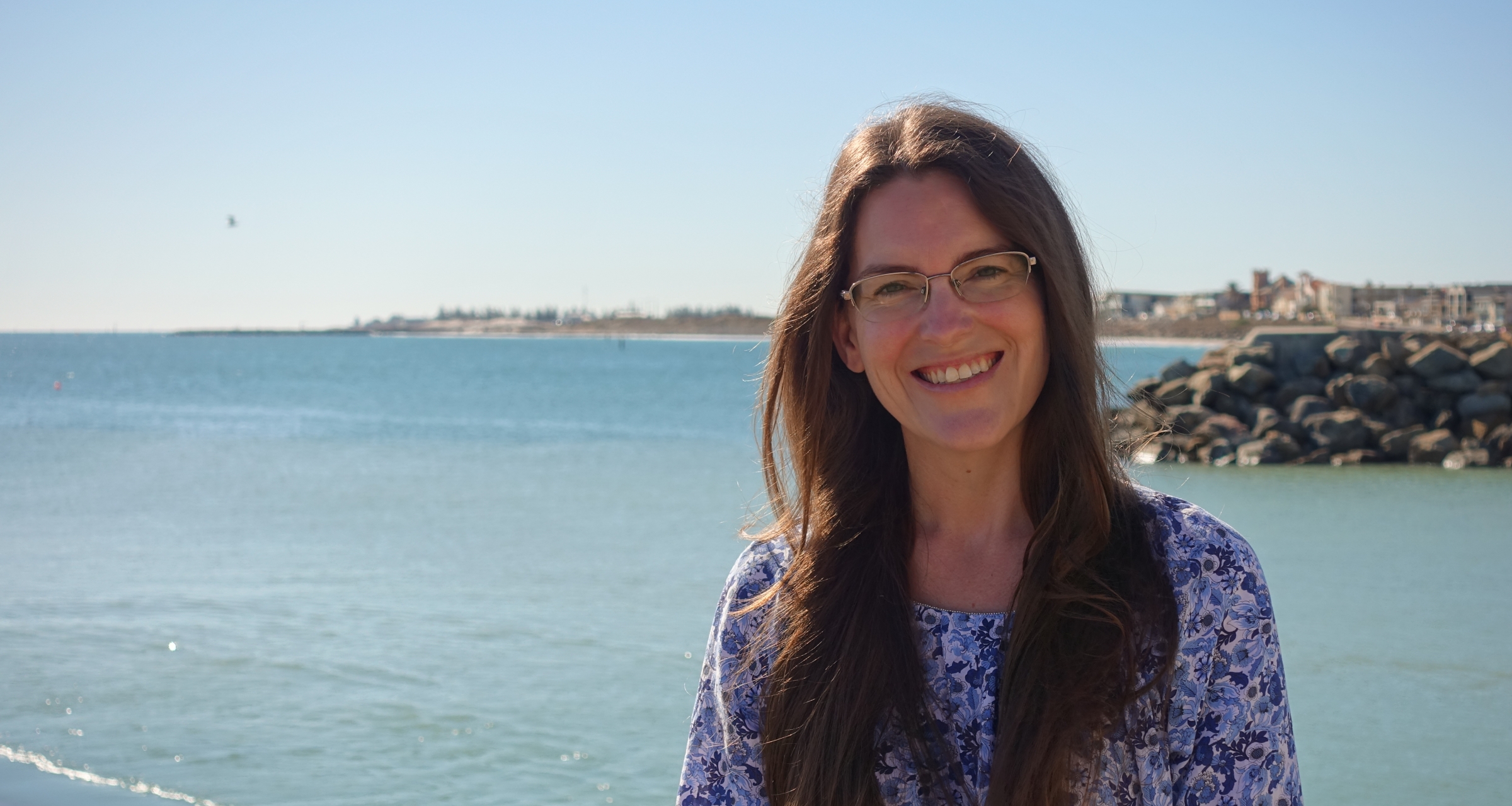
Sally Skewes
Co-Founder, Secure Nest
Clinical Psychologist, Private Practice
Master of Psychology (Clinical)
Psychologist and UniSA alumna Sally Skewes and her husband Joseph have created Secure Nest, a new online eHealth tool to support schema therapy clients and therapists, empowering people struggling with various issues to change negative life patterns.
The lens through which we see the world is often coloured by our childhood experiences. As children develop they learn rules and concepts about how the world works, what to expect and how to behave based on these experiences. These ideas become deeply felt and often unconscious beliefs. Psychologists call them ‘schemas’.
A relatively new form of psychological treatment, schema therapy is proving to be a valuable tool for people who struggle in their daily lives with anxiety or depression, or have been diagnosed with a personality disorder.
“In schema therapy we focus on the emotional experiences of the present moment, and find the links back to the unmet emotional needs that arose in childhood that are often the root cause,” says Sally Skewes, a Clinical Psychologist and practicing schema therapist.
“In my studies I saw the value of the schema therapy approach because of its integrative model that emphasised understanding and healing the core negative themes with origins in childhood. The focus on childhood needs and development resonated with me.”
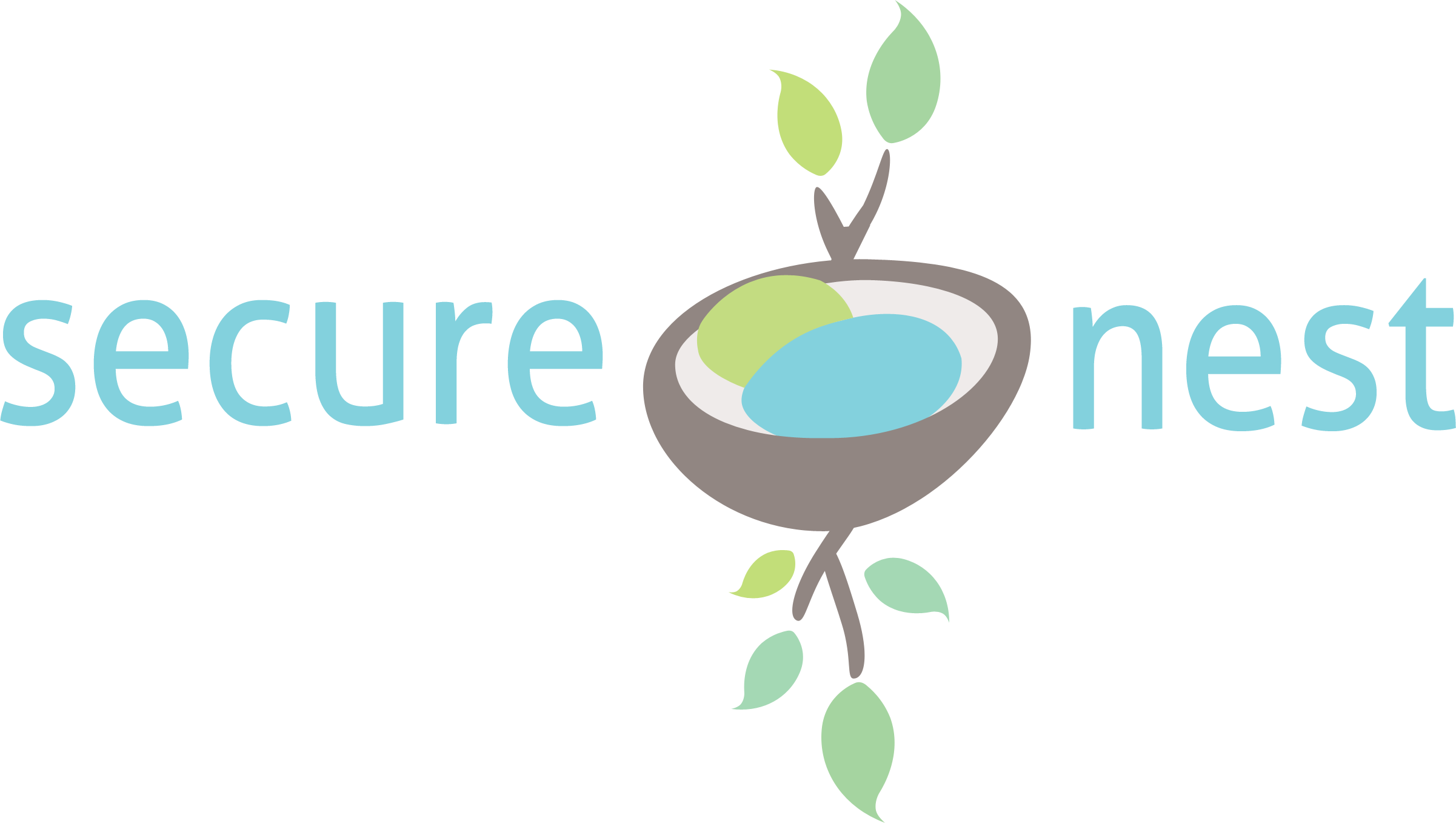
Most families work hard to do their best by their children, but it doesn’t always go to plan. For some, parents, significant authority figures, and important peers can leave scars, both physical and psychological.
This can result in individuals forming certain unconscious beliefs about themselves. For example, if an individual feels abandoned by an important person in childhood they may grow up believing that relationships are difficult and they will eventually be abandoned again.
This belief can lead to unhealthy coping mechanisms that become self-fulfilling prophecies – in other words, situations play out in a similar pattern and these individuals struggle to maintain relationships.
“My interest in the therapy was strengthened when I was having some personal problems myself,” says Sally.
“I tried cognitive therapy but it had limited effectiveness for me. Then when I was completing my schema therapy training, my supervisor really helped me to get to the bottom of where my difficulties with selfworth were coming from.
“In this supportive environment I learned so much about myself. My schema therapy supervisor was strong, accepting and kind, and through this experience of being known and seen by another, my confidence grew. I feel it was this connection and therapeutic relationship that led to positive changes in my life.
“I realised in this process that I was not aware of my themes – why I had these difficulties or how to solve them. This lack of cognitive awareness could be why cognitive therapy didn’t work for me.”
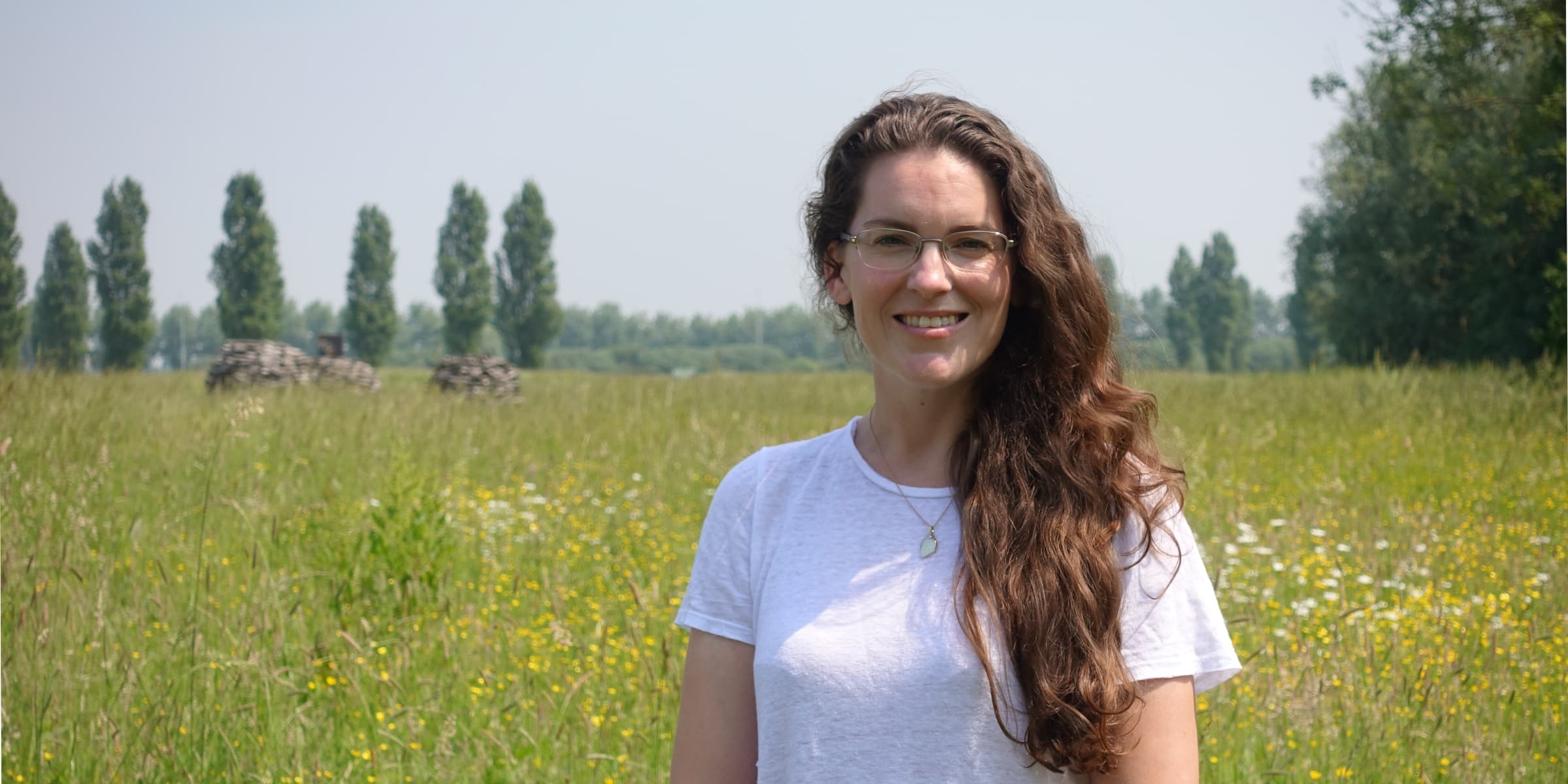
Schema therapy is centred on helping clients feel happier, improve relationships, make major life changes and undergo deep personality change. There is a focus on feelings and thoughts that are outside of the client’s awareness, and reparenting oneself with the help of a therapist to change deeply held thoughts and beliefs about past experiences.
“We created Secure Nest because there can be a considerable waiting time for patients to access schema therapists,” says Sally.
“In Australia only 10 psychology sessions are funded under Medicare each year, regardless of diagnosis. Even for less severe difficulties, this is rarely enough and leads to the most vulnerable clients being unable to access the help they need.
Sally and her husband Joseph, an IT specialist, developed Secure Nest as a secure portal where therapists and clients could continue to interact between treatment sessions. It also allows people to access schema therapy tools and learn about the therapy and their own patterns while they wait to see a therapist.
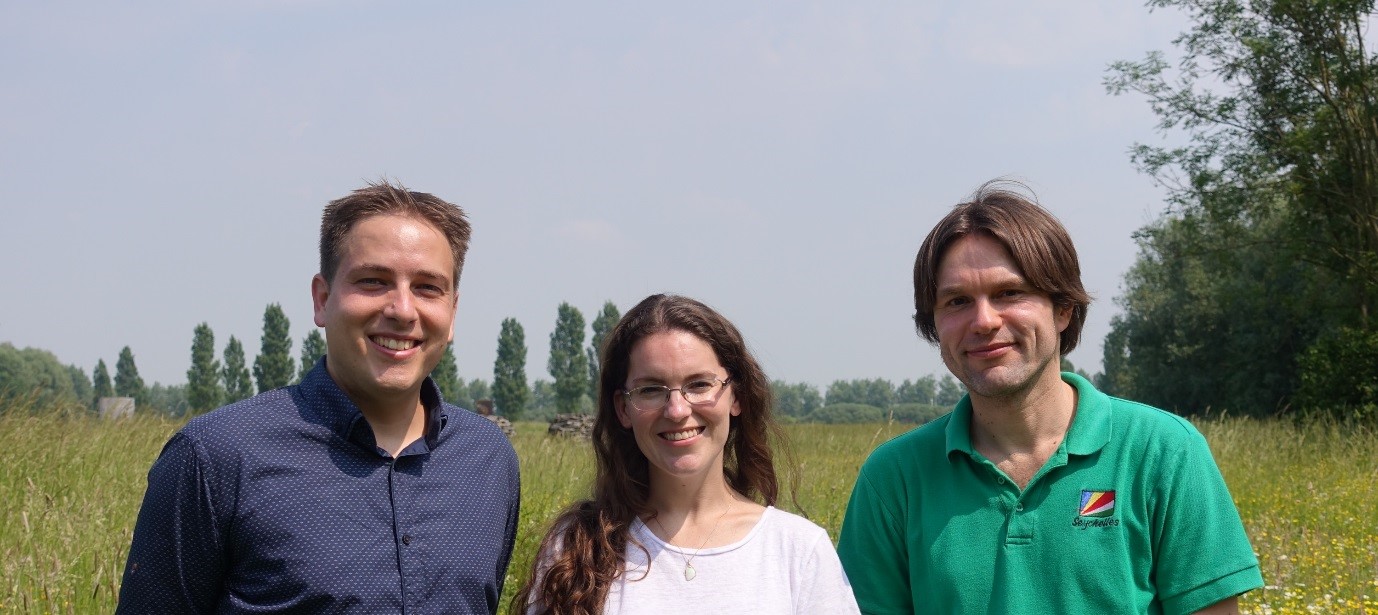
“We really wanted to create an effective e-health tool to enhance the connection between therapy sessions to help catalyse the change process,” says Sally.
“We hope the portal will also lead to broader accessibility, further research and acceptance of schema therapy as it is still a relatively new field.”
Sally and her team have been bolstered along the way through UniSA’s Innovation & Collaboration Centre (ICC) Venture Catalyst program in which they received a $50,000 grant and support to turn their idea into reality.
The ICC’s flagship program gave the team invaluable experience in refining their offering, learning how to market and pitch their idea to possible investors. It also allowed them to progress the idea from an early stage project to a working prototype recently piloted in South Australia and Europe.
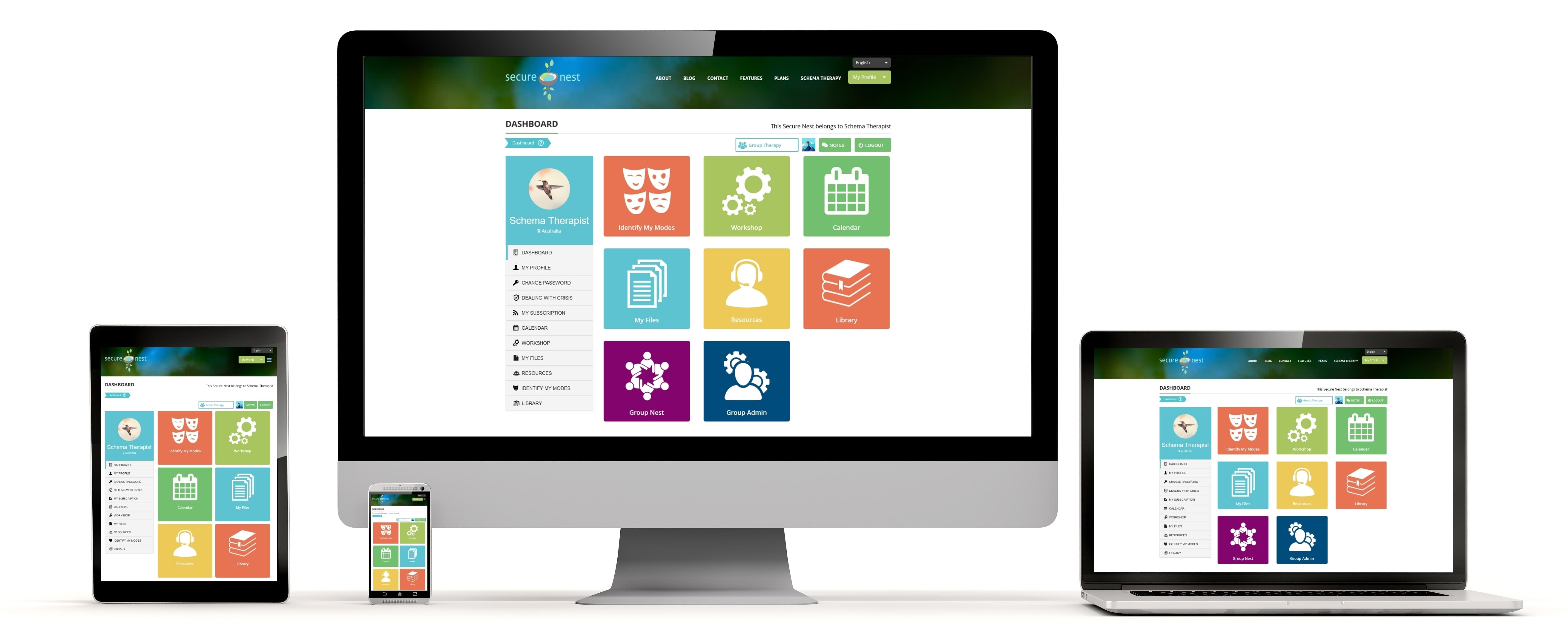
“We have learnt how important it is for the culture and values of our business to align with our own personal values. It has also been valuable to learn and work with colleagues and individuals with complementary skills, as well as get feedback from therapists and clients,” says Sally.
“Our next stage will be to conduct research to clarify how best to offer eHealth tools and combine them with face-to-face therapy. This is a new area of clinical practice and research in schema therapy so the possibilities are largely unknown.
Secure Nest can be trialled for free at securenest.org by therapists and their clients, or by individuals who don’t yet have a therapist.
The Venture Catalyst program provides workshops, one-on-one mentoring, workspace, a stipend and the chance to pitch for a fully funded overseas tour. Applications open in early November via icc.unisa.edu.au.




